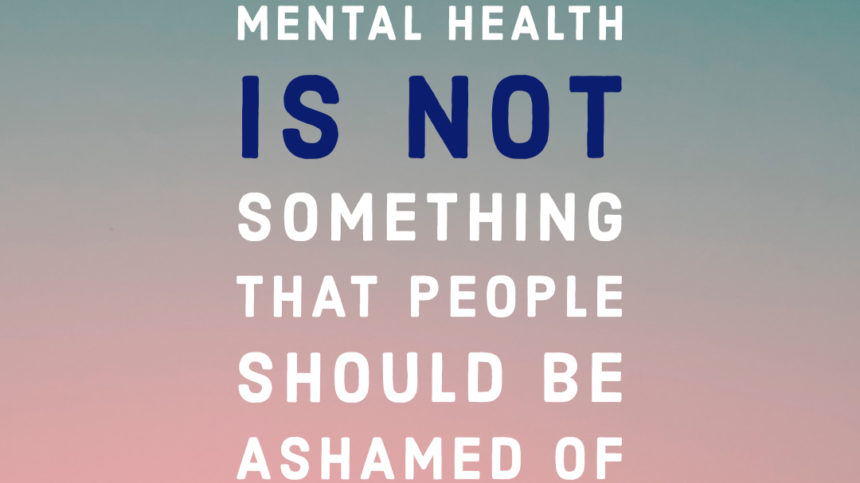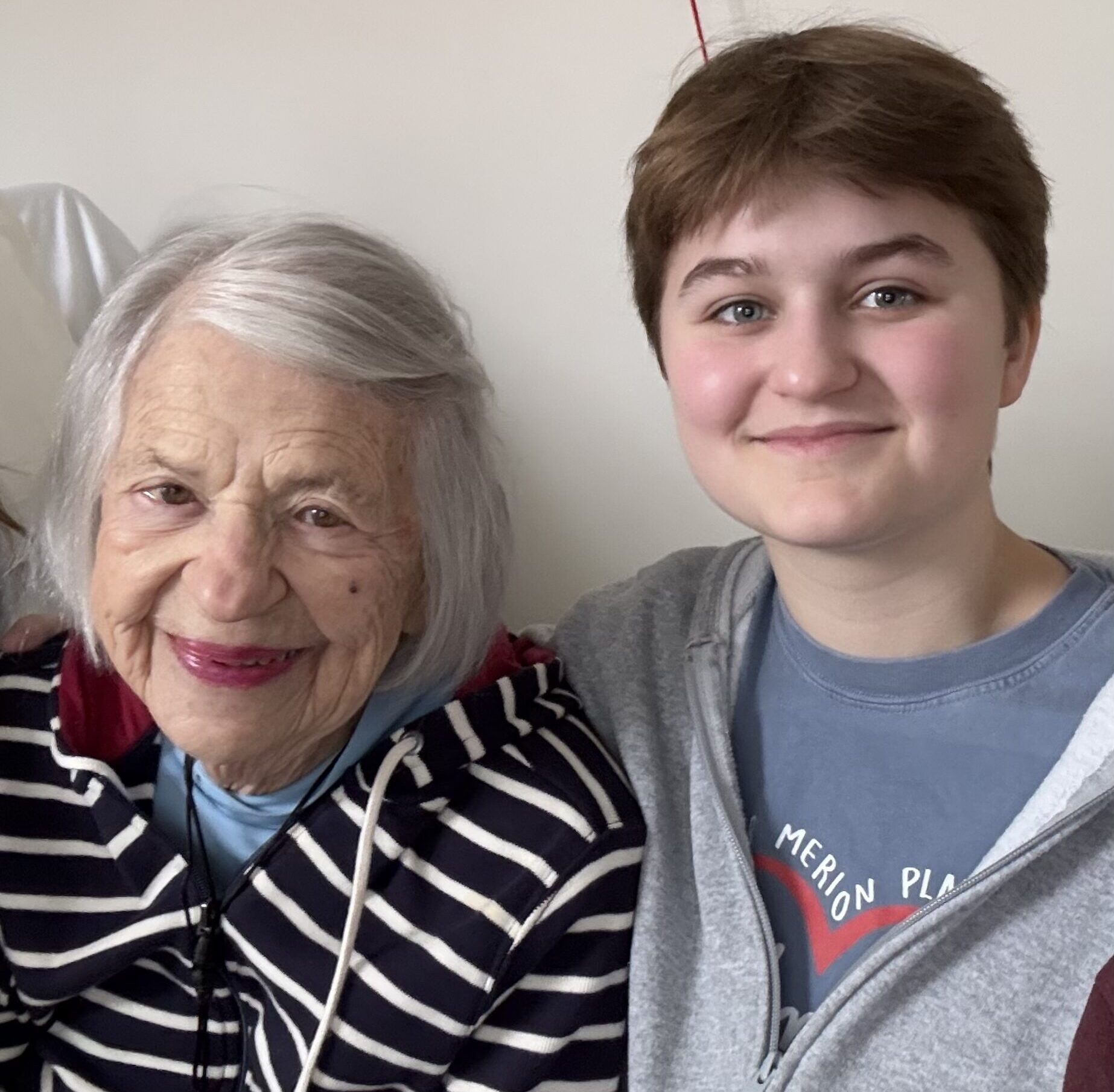
As someone who has experienced and is still experiencing mental health issues, I know it has become increasingly important to recognize the signs and symptoms of a crisis and what to do if you or someone you know is in one. For this reason, I spoke with Jill Kluesner, National Trainer for the National Council for Behavioral Health, and an expert in Mental Health First Aid.
Jill has been teaching the course for ten years and saw a need specifically in her own community for mental health training. She found a passion in educating her community through her work with Mental Health First Aid.
Mental Health First Aid is an organization that was founded in 2001 by Betty Kitchener and Anthony Jorm in Australia and was adopted in the United States in 2007. They felt a need to create a program to increase mental health literacy and decrease the stigma surrounding mental health because, as Jill said, “one-half of all lifetime cases of mental illness begin by the age of 14 and three quarters begin by the age of 24.” The Mental Health First Aid training courses last eight hours, and they teach trainees how to identify, understand, and respond to signs of mental illnesses and substance use disorders. So far, the training has reached more than one million people in the United States alone with 12,000 instructors teaching the trainees.
The framework they use to provide support in Mental Health First Aid is ALGEE:
A: Assess for risk of suicide or harm.
L: Listen non-judgmentally.
G: Give reassurance and information.
E: Encourage appropriate and professional help.
E: Encourage self-help and other support strategies.
ALGEE is a fluid process that revolves around reassurance.
It is important to know that the goal is not to diagnose or treat someone’s mental illness, rather to provide support and encourage them to receive help as well as create a way in which we can decrease the stigma around mental health.
“We need to start talking about mental health in the same way we talk about physical health,” Jill said. “If someone had a broken arm, we would not tell them ‘Just don’t think about it so much’ and hope it gets better on its own.”
In this sense, mental health is not something that people should be ashamed of, but often times they are because of the stigma that societies around the world place on it. This organization is hoping to help fix that.
Jill mentioned that we, as people, need to support each other.
“We need to offer the same level of support to family, friends, and coworkers who are experiencing a mental health concern as we do for family, friends, and coworkers who are experiencing a physical health concern,” she said.
Mental Health First Aid not only trains adults to help adults, but they also train adults to help youth who are going through a mental health crisis. Today, over 400,000 adults have been trained in youth mental health according to Lacey Rosenbaum, the Project Manager, Youth Mental Health First Aid at the National Council for Behavioral Health.
In partnership with the National Council for Behavioral Health, Born This Way Foundation has launched a mental health training course for young people called Teen Mental Health First Aid. In this program, the students are taught by trained adult instructors about how to help students recognize the signs that their friend may be developing a mental health issue, substance use problem, or crisis and how to get the help of an adult who has the ability to do so.
Mental Health First Aid is offered in all 50 of the United States and in countries around the world. To find classes, go to https://www.mentalhealthfirstaid.org/take-a-course/find-a-course/ and use the search tool to find a course near you.




















